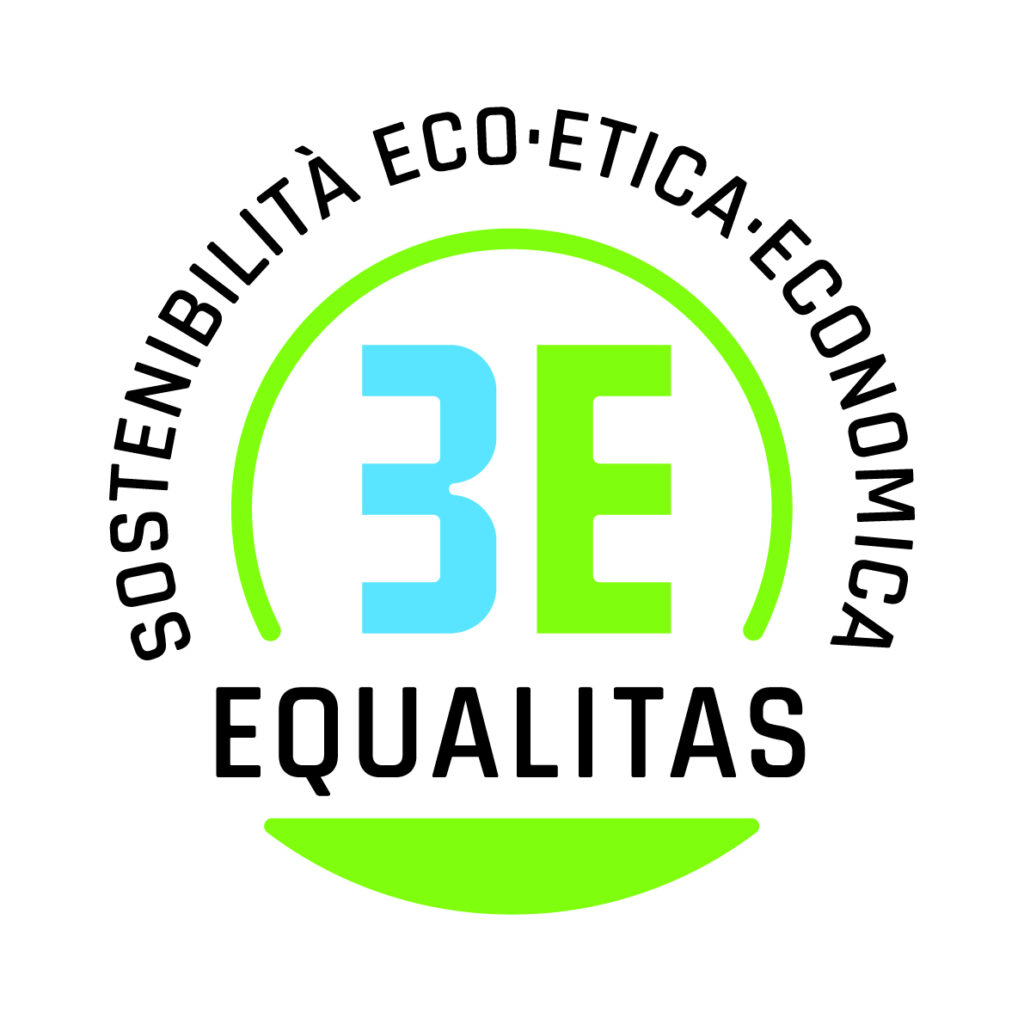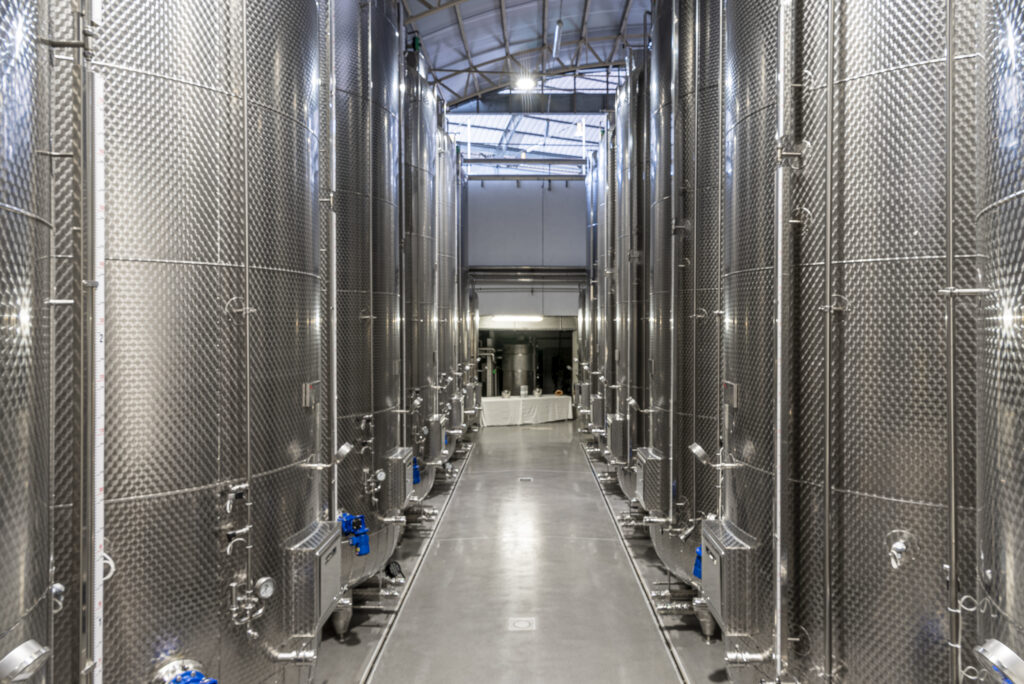Un’enoteca non è un semplice negozio di vini: scopri su banfi.it come si definisce e come riconoscerne una.
Enoteca: meaning, history and curiosity
The world of wine is articulated and complex: the professional figures that revolve around its production and distribution are many, just as there are many places related to this product. In this respect, one of the most interesting, apart from the wine cellar, is certainly the wine shop, i.e. the place where bottles of wine and sparkling wines are stored and displayed for sale or for consumption on site during possible tasting events.
In this in-depth look at some curiosities related to wine shops, such as why they are called what they are, what is sold in a wine shop or what people working in a wine shop call themselves.
Etymology of enoteca
To answer the first question, what does enoteca mean and why is it called enoteca, it is necessary to start with the origin of the word. The etymology of 'enoteca' derives from the union of two words of Greek origin: 'eno' - from the Greek oinos ('wine') - and 'teca' - from the Greek theke ('closet' or 'deposit'). The word 'enoteca' therefore means 'storeroom or wine depot'.
However, although the etymology of 'enoteca' refers only to storage, in the Italian language it also indicates the place where bottles are displayed for sale and for tasting.
What is sold in wine shops?
As mentioned above, wine shops often organise tastings of the wines sold accompanied by typical local products, thus contributing to what is known as food and wine tourism. At wine shops, wine connoisseurs have the opportunity to:
- discovering curiosities about production methods;
- receive information on selected grape varieties and grapes;
- tasting different types of wine, often accompanied by typical products;
- purchase products.
The most renowned wine shops are also often run by or in collaboration with wineries and winemakers. This is the case, for example, of the Enoteca Banfi in Montalcino where the wines produced in our cellars are stored, displayed and sold. Not only wines and sparkling wines, but also condiments, oil and local gastronomic and craft products, including local pecorino cheese and Tuscan raw ham, which can also be tasted at the wine bar.
In addition to wine tastings, visiting the Enoteca Banfi is a true immersion in the world of wine and wine-making traditions of the past. The rustic and elegant ambience, with fine wooden furniture and original barrels, is reminiscent of the Tuscan wine shops of yesteryear. The wine shop itself is located behind the vaults of the impressive Banfi Castle in Poggio alle Mura, a beautifully preserved medieval fortress set like a jewel in the small village of Poggio alle Mura.
When did the first wine shops date back to?
The oldest wine shops date back to the 15th century and some are even mentioned in the works of Torquato Tasso and Ludovico Ariosto. Even then they were places of welcome and hospitality, where the pleasure of good wine was mixed with that of food.
What do you call someone who works in a wine shop?
Among the various professional figures working in the wine sector, it is not easy to identify specifically who the person working in a wine shop is or what his or her name is. This is because the wine shop is a complex system, embracing the experience of storing, selling and tasting wine.
In most cases, a sommelier is present at the wine shop to select the most suitable wines for tasting in terms of quality and characteristics and to provide advice and suggestions to consumers.


